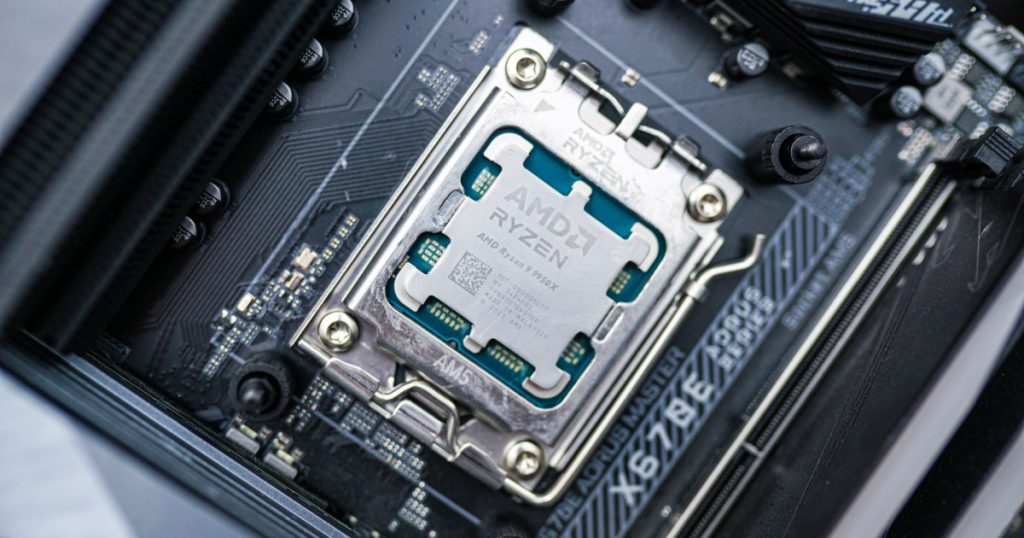When it comes to sheer performance, the Ryzen 9 9950X reigns supreme. However, in real-world scenarios, it may not be as impressive due to its high price tag and competition from AMD’s own Ryzen 7 7800X3D processor.
Surprisingly, the Ryzen 7 7800X3D outshines the Ryzen 9 9950X in gaming performance, showcasing its prowess in delivering high frame rates. While the Ryzen 9 9950X excels in productivity tasks, the Ryzen 7 7800X3D remains unbeatable in gaming performance.
Specifications
The Ryzen 9 9950X boasts 16 cores, 32 threads, and a max boost clock speed of 5.7GHz. In comparison, the Ryzen 7 7800X3D features 8 cores, 16 threads, and a 5GHz max boost clock speed. Additionally, the Ryzen 7 7800X3D utilizes AMD’s innovative 3D V-Cache technology, which provides a significant cache advantage over the Ryzen 9 9950X in gaming scenarios.
Furthermore, in gaming, the Ryzen 7 7800X3D’s lower core count proves advantageous. AMD’s CPU architecture, particularly the use of CCX (core complexes) and Infinity Fabric, plays a pivotal role in determining gaming performance. The Ryzen 7 7800X3D’s single CCX design provides better latency in games compared to the Ryzen 9 9950X’s dual CCX setup.
| Ryzen 9 9950X | Ryzen 7 7800X3D | |
| Cores/Threads | 16/32 | 8/16 |
| L3/L2 Cache | 64MB/16MB | 96MB / 8MB |
| Max turbo frequency | 5.7GHz | 5GHz |
| TDP | 170W | 120W |
| Recommended price | $650 | $450 |
While the Ryzen 9 9950X excels in productivity tasks, particularly with its Zen 5 architecture and AVX-512 support, the Ryzen 7 7800X3D’s affordability, gaming performance, and power efficiency make it a compelling choice for gamers.



